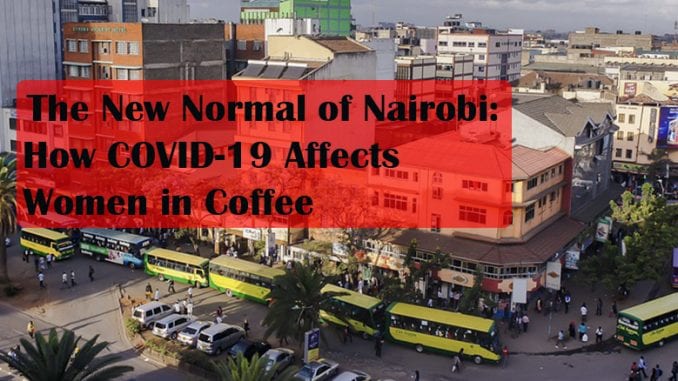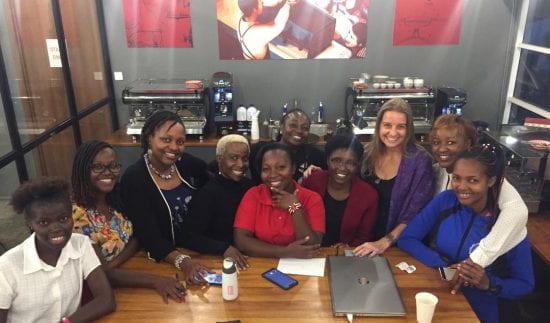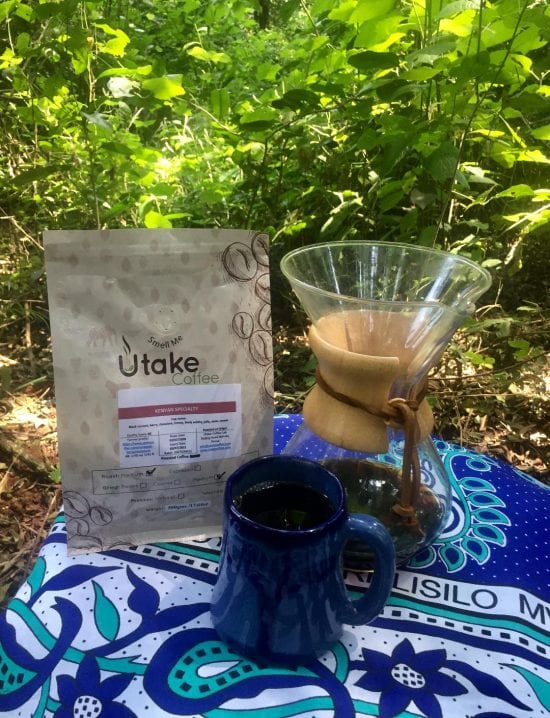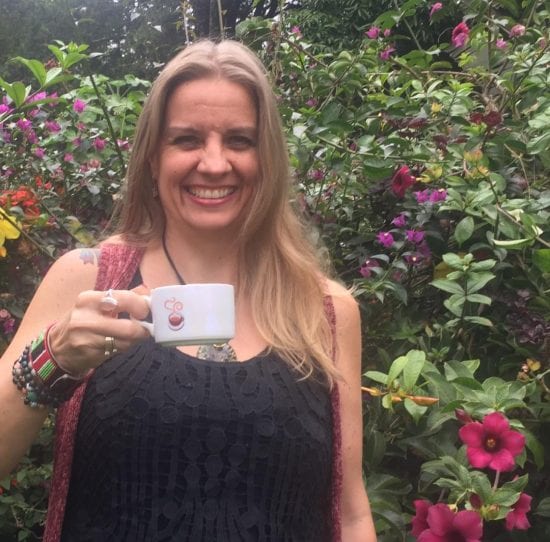
We explore the gender disparity that COVID-19 has placed on women, and learn how they are managing in Nairobi’s coffee culture during a difficult time.
BY ERIKA KOSS
SPECIAL TO BARISTA MAGAZINE ONLINE
Cover photo by Pixabay
In Kenya, the first case of COVID-19 was announced publicly on March 13, and within two weeks almost all of Nairobi’s businesses, including restaurants and cafés, were required by the government to shut down temporarily. The main drivers of Kenya’s economy are agriculture and tourism, contributing to 30% and 11.6% of the GDP, respectively. As a result, the cessation of tourism through the closure of airports, the restrictions on travel within and without Kenya, and the dusk-to-dawn curfew negatively affected Kenyans, especially those who work in hospitality or tourism, and all who live hand-to-mouth, relying on what can be sold at daily markets or roadside vendors, to provide their family’s daily bread.
While COVID-19 has undoubtedly affected everyone working in coffee, from farmers to baristas, and everyone in between, this piece also highlights the distinctive negative impacts of COVID-19 for women.

How COVID-19 Puts Women at Risk
While some have said that COVID-19 is a great equalizer, that is not the case for women around the world—especially for mothers. The effects of COVID-19 have revealed starkly that, despite significant global progress toward gender equality, structural inequities remain deeply embedded between genders. As United Nations Secretary General Antonio Guterres summarizes, “The pandemic is deepening pre-existing inequalities, exposing vulnerabilities in social, political, and economic systems which are in turn amplifying the impacts of the pandemic.”
Recently both UN Women and the Food and Agricultural Organization issued reports that showcase the disproportionately negative impact on women during this universal pandemic. Even before COVID-19, as the UN Women report highlights, “Women were doing three times as much unpaid care and domestic work as men,” and this unseen economy has even more pernicious impacts for women-headed households and single mothers.
These constraints are revealed in both Kenya’s formal and informal sectors, from farmers to baristas. Kenyans are struggling to pay rent or for basic needs due to decreased income. Some food prices have increased, and masks, soap, or sanitizer are not affordable to the most vulnerable, including many coffee farmers.
Kenya’s Domestic Consumption
For coffee-producing countries, domestic consumption of coffee has increased significantly in the past decades. Today, around 15% of coffee produced is consumed in exporting countries, up from only 7% in 1990/91. Yet in Kenya, 95% of Kenya’s coffee is exported as green coffee to Europe, Asia, and the United States, and domestic consumption remains at 5%.
As one of Africa’s largest cities, Nairobi boasts more than 249 cafés where coffee is served and enjoyed. In Kenya, more people drink coffee in social settings, mostly at cafés in malls, or in hotels and restaurants. Since these were all closed by the end of March, many baristas, café owners, and bartenders lost their jobs.

Kenya Coffee Events & Utake Coffee
Mbula Musau is the creator and head trainer at Utake Coffee (utake means “you desire” or “you crave” in Swahili), located near Nairobi’s international airport. Utake Coffee focuses on coffee quality training with special attention to teaching Arabica and Robusta Q Grader courses at Mbula’s SCA-certified lab, the first in Africa with a resident instructor. With a full schedule of CQI courses offered at Utake Coffee, coffee professionals from all around the world would visit Nairobi to learn from Mbula, the first CQI accredited Q-Instructor in Africa.
But with bans on social gatherings, travel restrictions, and airport closures due to COVID-19, all of this changed. She couldn’t host in-person courses at her lab, so she had to find ways to maintain her business and livelihood. She decided to focus on roasting and, as the pandemic continued, she realized the pause on her live teaching could give her a chance to develop her online teaching, and actively focus on a new part of her business—to push for domestic consumption of locally processed specialty coffee.
Although most women in Kenya oversee food preparation and everything else in kitchens, they rarely drink coffee at home. Mbula noticed that as husbands would order her roasted coffee for home delivery, the wives needed training about how to brew it. After several months of such deliveries, Mbula sees that in Nairobi, sometimes “people don’t take coffee, not always because of money, but because of lack of coffee education.” This need for increased brewing education is something that Sheila Agida, in her role with Kenya Coffee Events, is working to address. Since many baristas remain out of work, Sheila is leading an effort to organize them to deliver coffee and train people in their own homes on previously unfamiliar brewing methods like French press or pourover. Utake is also part of these efforts.
COVID-19 is not gender-blind, yet women in the Kenyan coffee sector such as Mbula and Sheila are creating resourceful solutions. But for long-term resilience, structural injustice must be transformed. As segments of the coffee sector begin to reopen, recommendations from UN Women must be considered for 2020 and beyond: to include women equally in all COVID-19 response planning and decision-making; to address inequities in both paid and unpaid care economies; and to “target women and girls in all efforts to address the socioeconomic impact of COVID-19.” Inequities between all genders affect us all. Only when all of us possess resilience will the global coffee sector be truly resilient.

ABOUT THE AUTHOR
Erika Koss’ coffee career began in 1995 as a barista in San Diego. Now living in Nairobi, Kenya, she is a research associate at the University of Nairobi, a Ph.D. candidate in International Development Studies at Saint Mary’s University in Halifax, Nova Scotia, and an Authorized SCA Trainer. Follow her on Instagram @aworldinyourcup.

